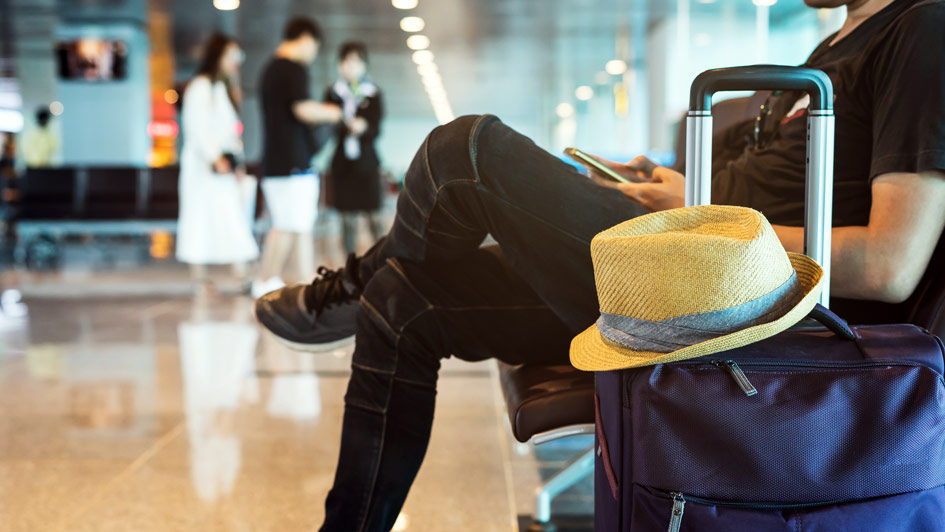
Between a much-needed vacation or a lengthy trip for work, taking a trip means making preparations for your home comfort system. You can't use it while you’re away, so you can make adjustments as appropriate to conserve your energy use. At the same time, you shouldn't just turn it off for the entire time you're gone.
In general, it’s better to leave your HVAC system going and just raise or lower depending on the time of year. That way you can minimize energy costs without worrying about returning to an uncomfortable home. We’ll explain why you shouldn’t turn your HVAC system off as well as the best thermostat settings for different times of year.
This Is Why You Shouldn’t Leave Your Thermostat Alone
While you could be tempted to shut your HVAC system down before a trip, this will sometimes end up stirring up annoying problems by the time you return. This is notably true in case the weather will be severely hot or cold while you’re out of town.
As an example, shutting the HVAC system off in the summer will sometimes produce very high humidity. Not only will your home feel muggy and uncomfortable when you have returned, but it might have also invited mold/mildew growth or pest infestations.
And during the winter, letting your house get cold might lead to pipes freezing up or even bursting. It’s never fun to get home from a long trip only to come across considerable water damage close to a broken pipe.
Ideal Thermostat Settings While at Work
You can adjust the temperature even when you're just going to work. Because you’re away for 8 hours or more, it doesn’t make sense to keep an empty home the same temperature as when you're home. Generally, it’s suggested to turn up the thermostat by 5 degrees or more. This means that if you prefer a comfortable 72 degrees, try raising it to 76-77 while you’re gone.
But you may save even more if you’re willing to further adjust the temperature. As stated by the Department of Energy, you might save around 10% on your HVAC expenses by increasing the adjustment to 7-10 degrees.
Energy-Efficient Thermostat Settings While Away from Home in Summer
If you're on an extended trip in the middle of summer, you can make more significant adjustments. This helps you avoid using too much energy while still protecting your home from the problems that come with leaving it un-air conditioned. Around 5 degrees is suitable for short trips while around 10 degrees is best if you’ll be out of town for 2 weeks or more. If you prefer keeping the house at 72 in the summer, 78-82 should offer the best results.
Ideal Thermostat Settings While Away from Home in Winter
To try and find the best thermostat setting for a winter vacation, consider lowering the temperature by the same amount you would raise it in summer. 68 is a frequent winter thermostat setting, so lowering it to 63-58 will keep your plumbing safe while restricting how frequently your furnace operates.
A Smart Thermostat Can Help: Advantages of a Smart Thermostat
An ideal strategy to regulate your home’s HVAC system while away from home is by investing in a smart thermostat. This special type of programmable thermostat utilizes intelligent software to understand your typical comfort habits. It gradually understands these preferences and makes automatic adjustments to the schedule for better energy efficiency. And with Wi-Fi integration, you can remotely control your HVAC system using a smart device like a phone or tablet.
Smart thermostats are stuffed with features to help you save on your energy bill. For instance, specific models can monitor electricity prices to bolster heating or cooling when prices are lower. They can be used with high-efficiency, variable-speed equipment to optimize how long your HVAC system needs to run. It’s the ideal tool to streamline how you control your comfort system. If you’re planning on investing in a smart thermostat, there are multiple ways you can reduce your costs, effectively getting a smart thermostat for free. The next time you leave for vacation, you can appreciate true peace of mind that your HVAC system won’t cause any trouble while you’re gone.
